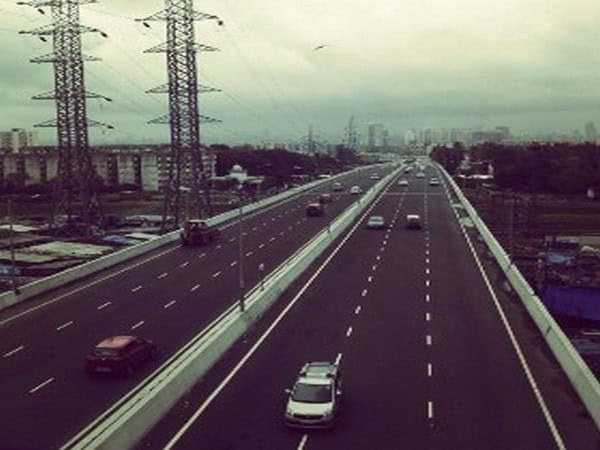Karimganj (Assam): Geo-textile technology is being used for the first time to repair damaged parts of National Highway 08 (NH08) (earlier NH44) in Assam’s Karimganj district.
Geo-textiles are permeable fabrics which, when used in association with soil, have the ability to separate, filter, reinforce, protect, or drain.
Typically made from polypropylene or polyester, geo-textile fabrics come in three basic forms: woven (resembling mail bag sacking), needle punched (resembling felt) and heat bonded (resembling ironed felt).
Geo-textile composites have been introduced and products such as geo-grids and meshes have been developed. Overall, these materials are referred to as geo-synthetics and each configuration–geo-nets, geo-grids, geo-tubes (such as TITANTubes) and others–can yield benefits in geo-technical and environmental engineering design.
Repairing work is going on a war footing to improve the stability of the soil for all-weather road that leads into Tripura.
“We found some poor quality of soil under and that is why we try to improve it with our new technology geo-cell, geo-text and geo-grid. Now in this place (Karimganj) we are using geo-cell and geo-text and, after completing this, there is no need to repair again,” said Hiteshwar Sharma, Project Manager of ABCI, the agency engaged in the repair of the road.
Sharma added that work is going on smoothly.
Earlier due to incessant rain and poor maintenance the NH08 had turned into a muddy quagmire with knee-deep slush in Karimganj adjoining north Tripura, thus virtually snapping Tripura’s surface communication.
Normal life was badly affected due to the fuel crisis in Tripura as thousands of loaded vehicles with food items, essential goods including fuel and gas were stranded in Assam’s Karimganj district week after week since around 10 to 20 km of the road was in a deplorable state.
The National Textiles Corporation Limited (NTCL) had introduced the new technology for the construction of roads in unstable areas and embankments for flood control in Northeastern states on a pilot basis which would increase the cost of construction initially to 10-15 per cent, but will provide more stability to roads as it would not require repair and maintenance for at least seven to eight years. (ANI)

